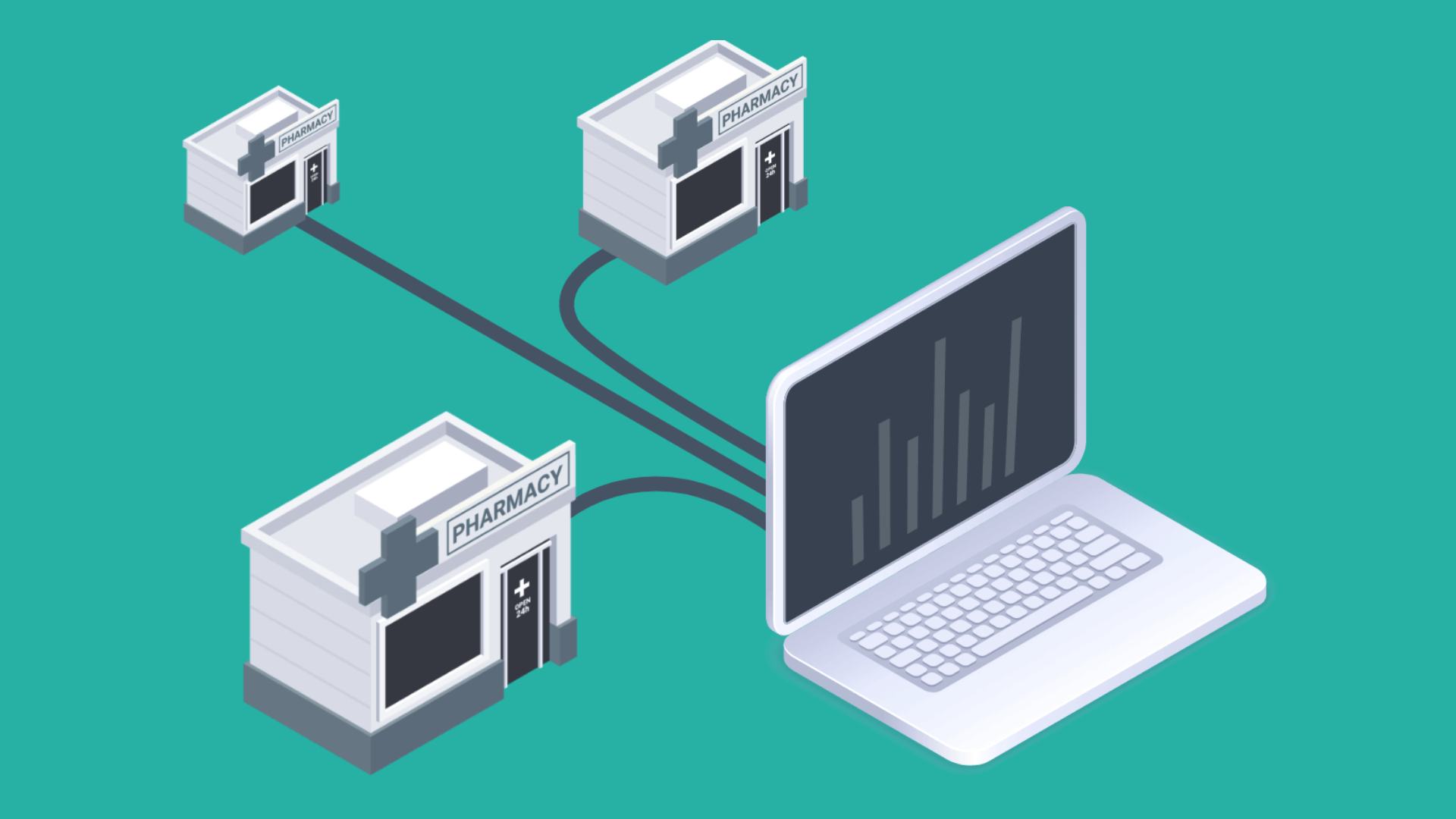Celiac Disease Awareness Month is observed every May to raise public understanding of celiac disease, an autoimmune disorder that affects millions of people globally. Despite its prevalence, many individuals remain undiagnosed, often due to vague or misunderstood symptoms. This awareness month serves as an opportunity to educate communities, support patients, and advocate for improved care and treatment options.
What is Celiac Disease?
Celiac disease is a lifelong autoimmune condition triggered by the ingestion of gluten, a protein found in wheat. In individuals with celiac disease, consuming gluten causes the immune system to attack the lining of the small intestine, resulting in inflammation and damage. Over time, this damage impairs nutrient absorption and can lead to a variety of symptoms, both digestive and systemic.
Common Symptoms
Symptoms vary widely from person to person. While some individuals experience noticeable digestive discomfort, others may have symptoms that are unrelated to the gastrointestinal tract—or none at all. Common symptoms include:
- Gastrointestinal symptoms:
- Diarrhea
- Bloating
- Abdominal pain
- Constipation
- Weight loss
- Non-digestive symptoms:
- Fatigue
- Anemia
- Joint pain
- Skin rash (dermatitis herpetiformis)
- Headaches or neurological symptoms
Importantly, some individuals may remain asymptomatic, yet still suffer from internal intestinal damage. This highlights the importance of screening in at-risk populations.
Treatment and Management
Currently, the only effective treatment for celiac disease is a strict, lifelong gluten-free diet. This involves eliminating all sources of wheat, barley, and rye from the diet. While transitioning to a gluten-free lifestyle can be challenging, with proper guidance and support, individuals with celiac disease can lead full and healthy lives.
Healthcare providers, including dietitians, play a vital role in helping patients understand how to maintain a balanced and nutritionally complete gluten-free diet. Regular follow-up is also essential to monitor symptoms, nutrient levels, and overall health.
Navigating the Gluten-Free Diet
As awareness of celiac disease has increased, so too has the availability of gluten-free products in grocery stores and restaurants. However, challenges remain, particularly the risk of cross-contamination. Even small traces of gluten can cause harm to those with celiac disease, making vigilance crucial when selecting and preparing food.
Why Awareness Matters
Celiac Disease Awareness Month is more than just a campaign—it’s a call to action. By spreading knowledge, supporting those with the disease, and advocating for ongoing research, we can reduce the number of undiagnosed cases and improve quality of life for millions.
Living with celiac disease can be overwhelming, especially at the time of diagnosis. It’s important for patients to know they are not alone. Community support, education, and increased public awareness can make a significant difference in helping individuals thrive.
Let us use this month to empower, educate, and stand in solidarity with those affected by celiac disease. Together, we can build a healthier, more informed, and inclusive world—one gluten-free step at a time.
Share your own article on Aumet Blog
To learn more about Aumet, contact us!










